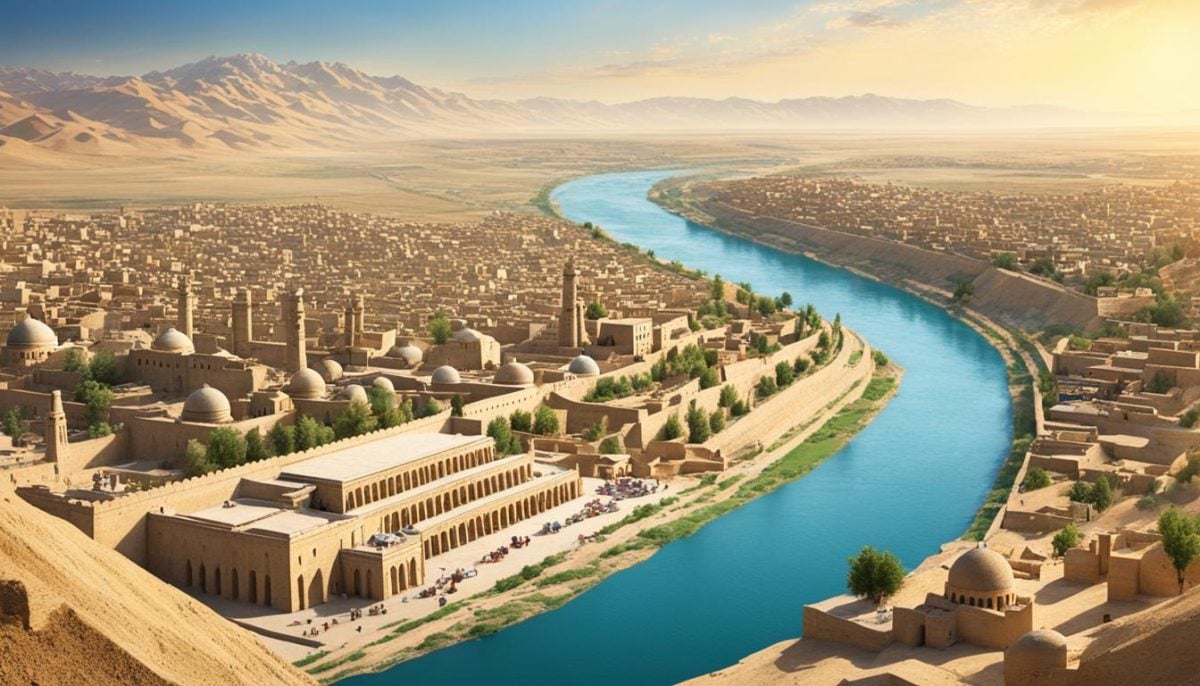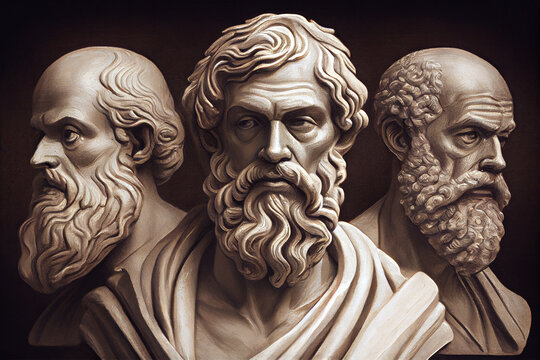World history is a vast tapestry woven from the threads of countless events, cultures, and individuals. It encompasses the rise and fall of civilizations, the evolution of societies, and the relentless pursuit of knowledge and progress. By studying world history, we gain insight into the human condition, understand the roots of modern institutions, and learn valuable lessons from past triumphs and failures. This blog will take you on a chronological journey through major historical periods and events that have shaped our world today.
World History: Key Events and Their Impact
History • 20 Jun, 2024 • 2,28,340 Views • ⭐ 4.6
Written by Shivani Chourasia

Ancient Civilizations

Mesopotamia, often referred to as the "cradle of civilization," was home to some of the earliest human societies. Located between the Tigris and Euphrates rivers, it saw the rise of the Sumerians, Akkadians, Babylonians, and Assyrians. Innovations such as writing (cuneiform), the wheel, and early forms of government and law (Code of Hammurabi) emerged here. The Epic of Gilgamesh, one of the earliest pieces of literature, also originates from this region, offering insights into the values and beliefs of ancient Mesopotamians. These developments laid the foundation for subsequent civilizations and greatly influenced modern society.
Ancient Egypt, with its iconic pyramids and pharaohs, thrived along the Nile River. Known for its advanced knowledge in mathematics, medicine, and engineering, Egypt left a lasting legacy. The construction of monumental structures like the Great Pyramid of Giza and the Sphinx demonstrated their architectural prowess. Hieroglyphic writing and elaborate burial practices, including mummification, provided insights into their culture and beliefs. The Rosetta Stone played a crucial role in deciphering hieroglyphs, allowing modern scholars to understand ancient Egyptian texts. The centralized authority of the pharaohs influenced the development of governance in later societies.
The Indus Valley Civilization, located in present-day Pakistan and northwest India, was one of the world's earliest urban cultures. Known for its advanced city planning, including well-laid streets and sophisticated drainage systems, it highlighted early human ingenuity. Major cities like Harappa and Mohenjo-Daro exemplified this civilization's organizational skills. The script of the Indus Valley remains undeciphered, adding an element of mystery. Trade networks with Mesopotamia and evidence of standardized weights and measures indicate a highly organized society.
In Ancient China, the Yellow River valley was home to early dynasties such as the Shang and Zhou. These societies made significant contributions in writing, with early Chinese characters, and philosophy, with Confucianism and Daoism. The concept of the Mandate of Heaven emerged, justifying the rule of emperors and influencing Chinese governance for centuries. Technological advancements such as bronze casting, the invention of paper, and gunpowder had a profound impact on global development. Notable artefacts like the Terracotta Army and the Great Wall highlight the achievements of ancient Chinese civilization.
Classical Antiquity

The Greek Civilization introduced democratic principles, philosophical inquiry, and artistic expression. The city-states of Athens and Sparta exemplified different aspects of Greek society, from democratic governance to military prowess. Philosophers like Socrates, Plato, and Aristotle laid the groundwork for Western philosophy, while the Olympic Games fostered a spirit of competition and unity. Greek architecture, with its emphasis on symmetry and proportion, influenced the design of public buildings in many cultures. The spread of Hellenistic culture through the conquests of Alexander the Great also left a lasting impact on the ancient world.
The Roman Empire, spanning from the British Isles to the Middle East, was a colossal entity that left an indelible mark on history. Rome's legal system, including concepts like "innocent until proven guilty," forms the bedrock of many modern legal systems. Architectural innovations, such as the arch and aqueducts, demonstrated their engineering capabilities. The Pax Romana, a period of relative peace, facilitated trade and the spread of ideas across vast distances. The spread of Christianity within the Roman Empire significantly influenced religious and cultural development. The eventual decline of Rome set the stage for the Middle Ages.